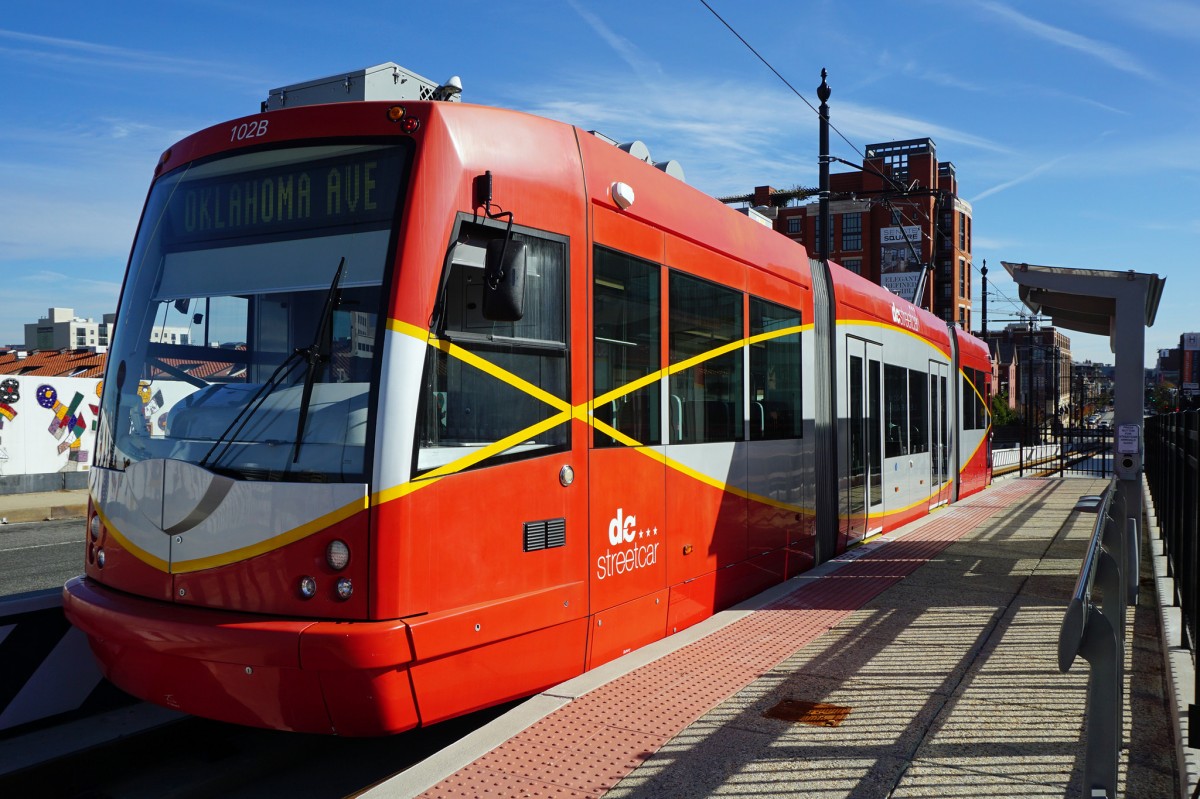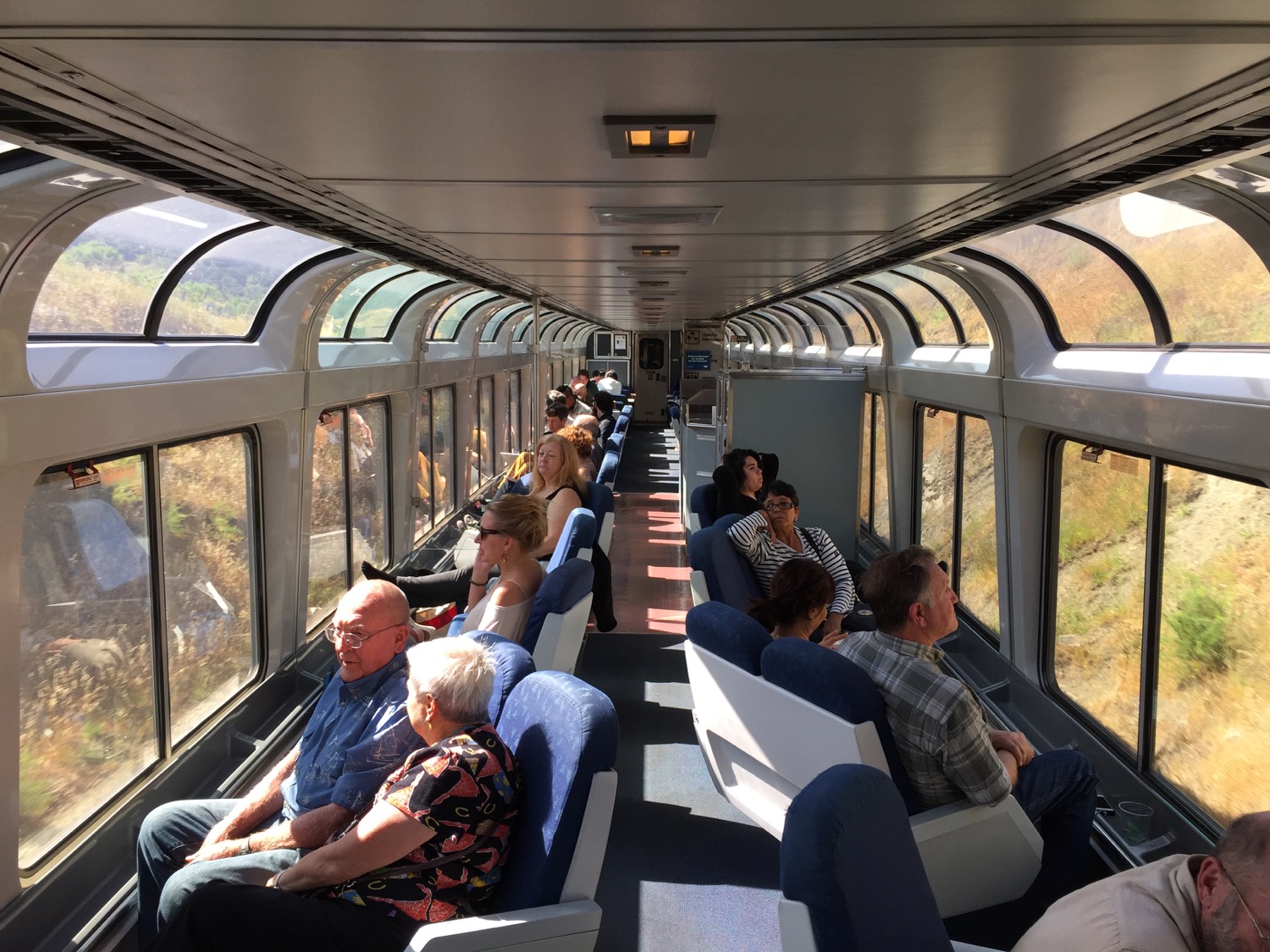Congress is in recess this week, but that doesn't mean the furor surrounding the House transportation bill has died down.
Transportation for America has put together a top ten list of the reasons opposition to the bill is so strong. Here's one of the lesser known implications:
#7. Requires More Bureaucracy at Transit Agencies:
In addition to ending dedicated transit funding, H.R. 7 goes even farther to pull some funds from larger transit systems immediately. Transit providers that operate both bus and rail services would be barred from a program used to buy buses or build bus facilities.
As an ironic consequence, this could actually spur creation of new bureaucracies as agencies split themselves into separate bus and rail providers in order to qualify for this critical source of funds — approximately $900 million total. This needlessly diverts tax dollars to bureaucratic overhead that should be used to provide much-needed transit services to local communities.
Or how about this one?
#8: Bets Big on Little-Known "State Infrastructure Banks"
Despite heaping criticism against the creation of a national infrastructure bank (an idea that just over a year ago drew broad bipartisan support), House leadership has crafted H.R. 7 to provide $750 million each year for the capitalization of state-level infrastructure banks.
If states fail to capitalize the banks (more than a dozen states currently don’t have banks), federal transportation funds would be automatically redistributed to other states.
This provision has only recently started to get any attention but questions are mounting. “Rather than bringing a tough, merit-based approach to funding, many State Infrastructure Banks are simply used to pay for the projects selected from the state’s wish list of transportation improvements, without filtering projects through a competitive application process,” explained Brookings Institution Senior Fellow Robert Puentes in a recent brief on state transportation policy.
And that's in addition to the bad stuff we already know: how the bill would eliminate dedicated funding for biking, walking and transit, draw funds from oil drilling revenues, and so on. There's only one place for a bill like this: the trashcan. Let's hope that's what happens when Congress gets back to work next week.
Elsewhere on the Network today: Extraordinary Observations posits that what differentiates the American cities most popular with tourists is walkability. Bike Delaware shares a series of posters from the organized campaign to keep children from playing in the streets, as they became solely the domain of the automobile. And One Speed: Go offers some advice in handling the emotions that occasionally come with cycling on the road.






